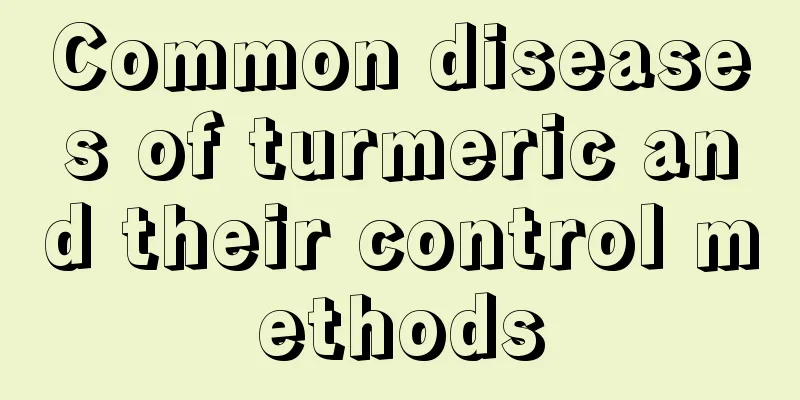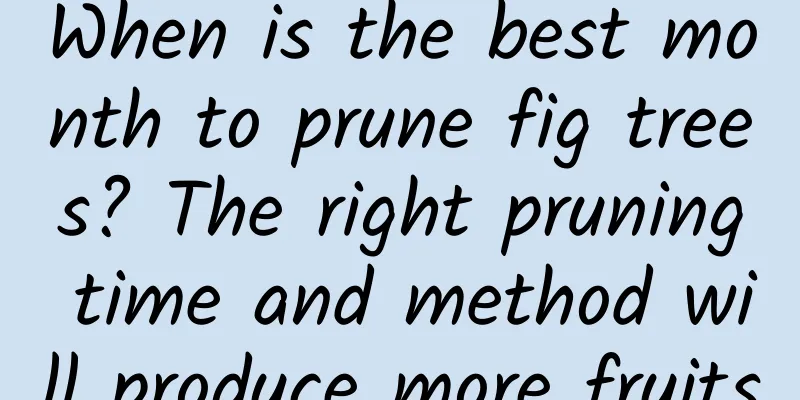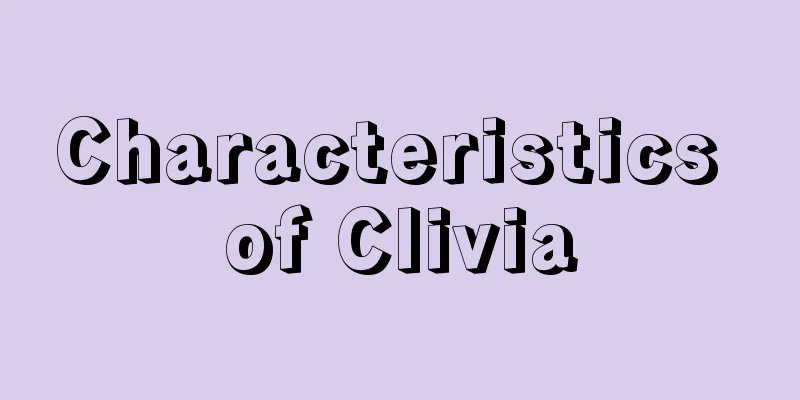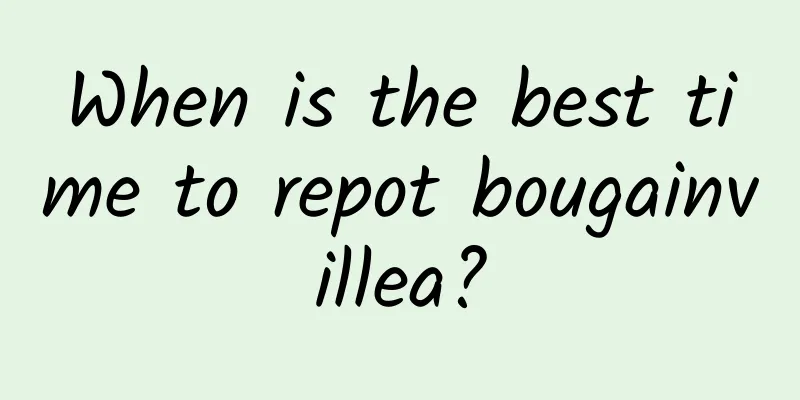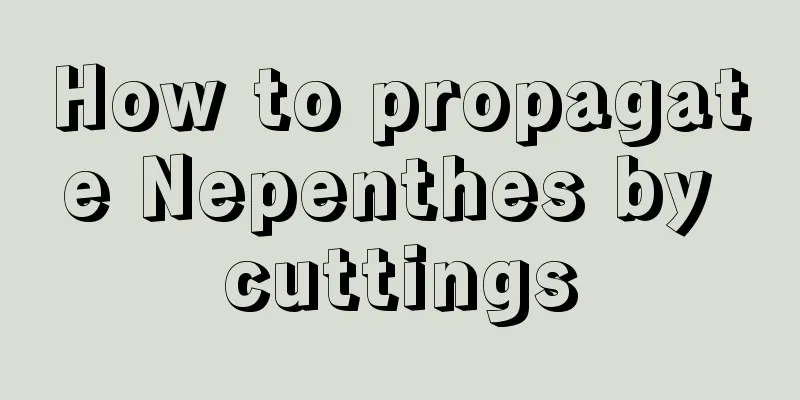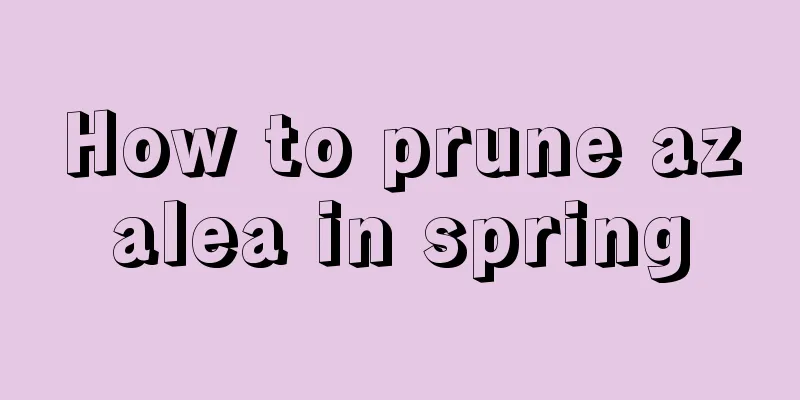What does alternate bearing of fruit trees mean (the causes and solutions of alternate bearing of fruit trees)
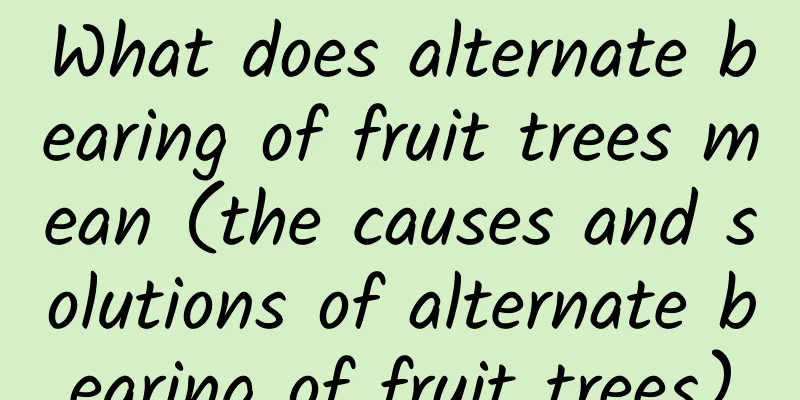
|
In the process of fruit tree planting, there may be one year with good harvest and another year with poor harvest, which is what we commonly call "good year and bad year". What is a "big year" for fruit trees?Alternative bearing is more common in fruit trees, especially apple and pear trees. If they bear more fruit in one year, they will bear less fruit or even no fruit in the next year. This is what we call alternate bearing . The year with more fruits is called a "big year", while the year with fewer or no fruits is called a "small year". In the past, alternate bearing was a common problem in fruit tree growth. To solve this problem, it was necessary to do a good job of fertilizing, top dressing, pruning, etc. With the increasing popularization of scientific planting and the continuous development of fertilizer varieties, the problem of alternate bearing is gradually decreasing, but has not completely disappeared. Reasons for the "big year and small year" phenomenon in fruit treesThe biggest symptom of alternate bearing is that the flowering rate and fruiting rate in the second year are relatively low. The main problem is related to flower bud differentiation. Farmers who grow fruit trees know that the flower buds of fruit trees are actually formed in the autumn of the previous year. If fewer flower buds are formed in the autumn, the flowering rate in the second year will be very low and the fruiting rate will be unsatisfactory. So, what affects the differentiation of flower buds of fruit trees in autumn? The answer is nutrients . In a good year, fruit trees bear a lot of fruit, and nutrients must first be fully supplied to the growing and developing fruits. If the branches of the fruit trees do not get enough nutrients, it will affect the occurrence of flower buds and determine that the number of flowers in the second year will be small . However, the good and bad years of fruit trees are not so regular and only related to the number of flower buds. There are often unexpected "winds and clouds" in production. How to avoid "good and bad years" in fruit treesTo avoid alternate years for fruit trees and ensure balanced nutrients for their growth, three things need to be done: First of all, fruit trees must be carefully thinned out in the "big year" to maintain normal fruit production and allow the trees to store sufficient nutrients. Otherwise, the nutrients in the trees will not be enough for flower bud differentiation in the autumn, which will affect the yield in the following year. During the year of the Little New Year, we must do a good job of tilling and weeding, adding fertilizer, etc., and do a good job of protecting flowers and fruits. Secondly, we need to do a good job of pruning fruit trees . By adjusting the fruiting branches and nutrient branches, we can ensure the annual fruit yield and maintain the nutrients of the tree. It is best to prune the fruit trees once or twice a year to keep them in a relatively balanced state. Finally, in autumn, basal fertilizer should be applied. Generally, basal fertilizer should be applied after the fruit picking is finished and before the leaves fall off. This stage is generally the time for flower bud differentiation, so it is very important to apply basal fertilizer. We can use a combination of organic fertilizer + microbial agent + water-soluble fertilizer to quickly supplement and continuously provide nutrients, which can ensure the differentiation of flower buds in the second year and keep the fruit yield basically the same every year. |
Recommend
How often should I water in autumn?
1. How often should you water? If you want to pro...
How to grow succulents
1. How to plant Prepare the flower pot in advance...
These 10 kinds of climbing flowers bloom for 300 days. You’ll be addicted after planting them once!
Lonza Gemstone Longsha Gem is the "Internet ...
What medicinal materials are suitable for planting under the forest?
my country is a country with very rich forest med...
How to raise the Tower of Akane
1. Breeding methods 1. Soil: When breeding, it is...
The efficacy and function of plantain
1. Medicinal effects: This plant has a relatively...
Characteristics of cactus
1. Appearance and Habit Characteristics 1. Its sh...
How to propagate hyacinth
1. Bulb propagation This method is better in autu...
In my first half of life, I made money - bought flowers - raised them to death, then made money again - bought flowers - raised them to death...
Azalea When Huahua was very young, I remember it ...
How to prune Phalaenopsis after flowering
Pruning Phalaenopsis after flowering When pruning...
The flower language and cultural legend of perfume grass
Origin of the name of perfume grass The reason wh...
The top ten climbing roses are climbing the walls like crazy and blocking the windows, leaving the neighbors dumbfounded!
1. Little Girl Maximum climbable height: 5.8 mete...
How to water mint potted plants in spring
How to water mint potted plants in spring In spri...
Difference Between Papaya and Papaya
1. Difference of blades The leaves of papaya are ...
What flowers are suitable for growing in Foshan? What are the city flowers and trees?
1. Foshan’s Climate Characteristics Foshan has a ...


